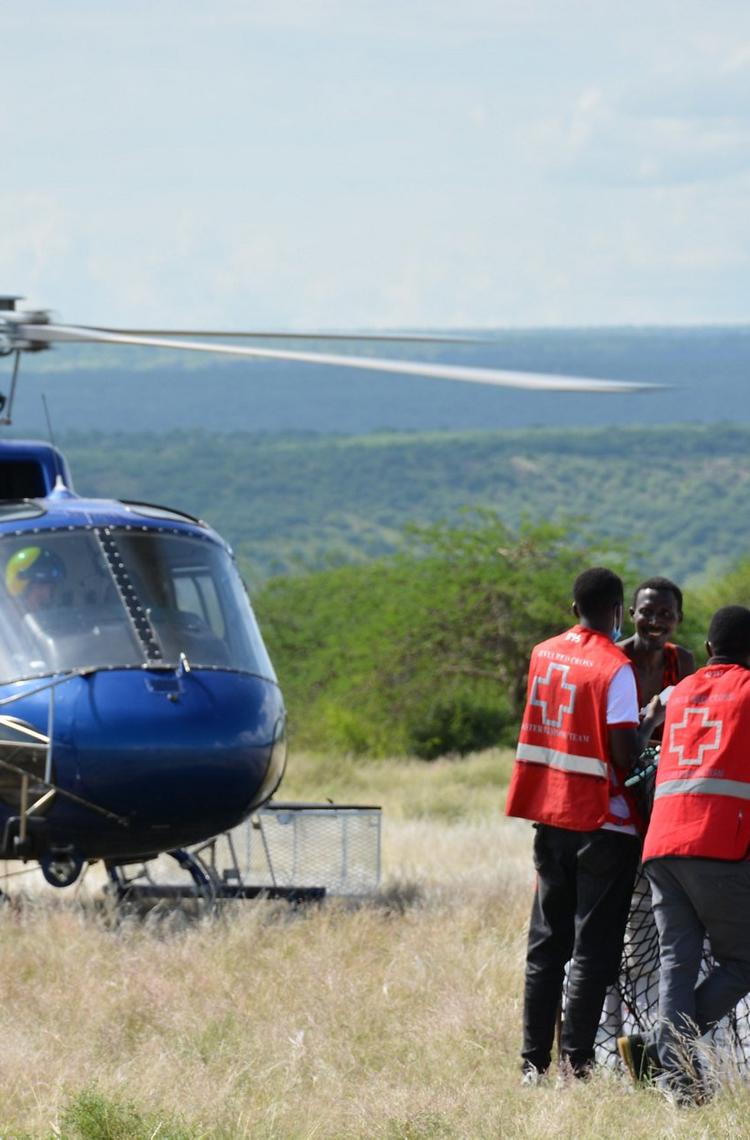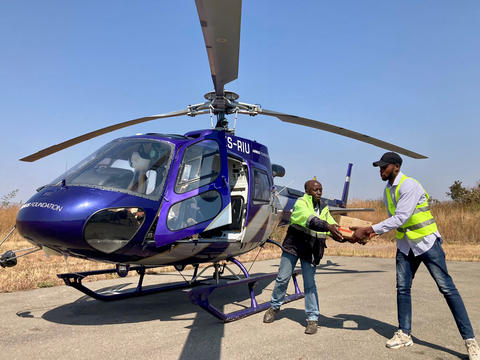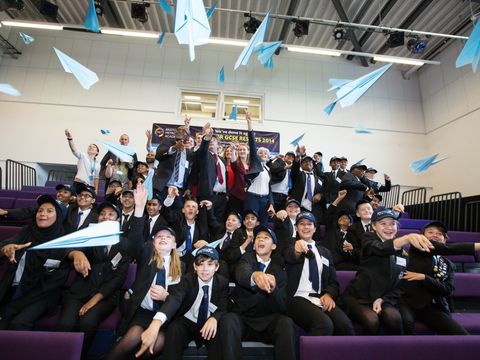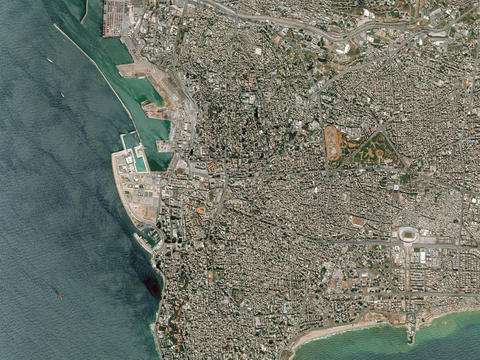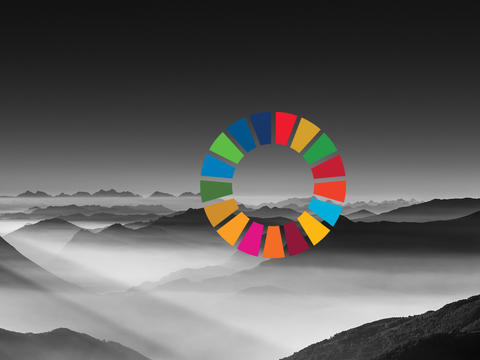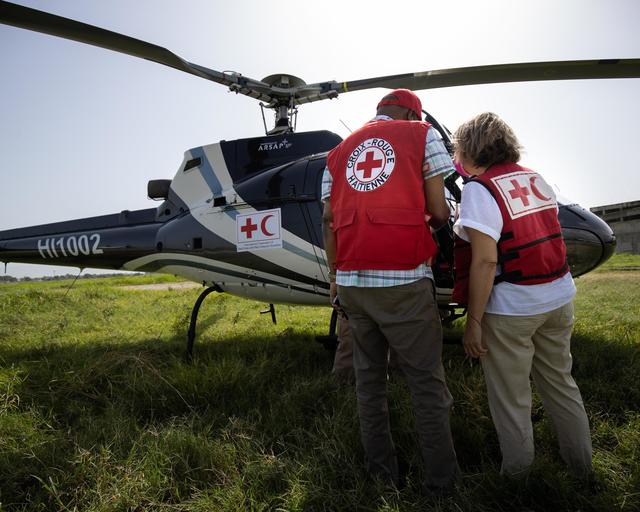
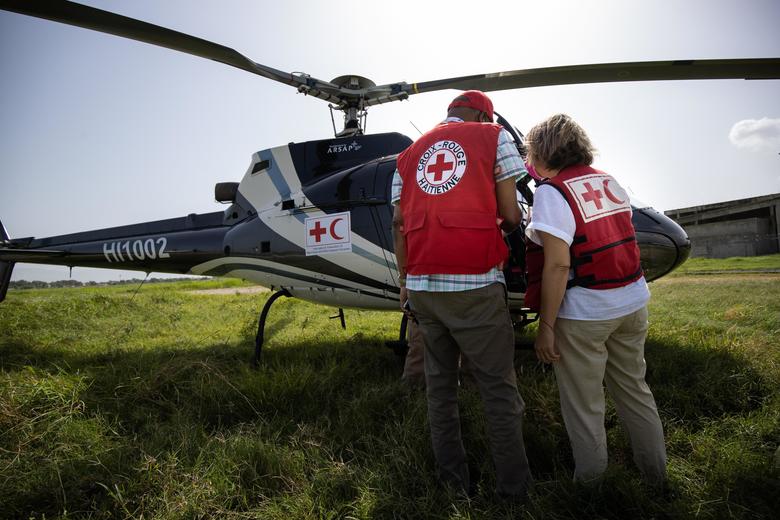
The Airbus Foundation missions
The Airbus Foundation provides in-kind support through access to Airbus’ unique portfolio of high-tech products, services, know-how and people to help address some of the world’s most pressing problems, contributing to sustainable solutions for a safe and united world.
The Foundation prioritizes its actions around three strategic areas, developing partnerships with NGOs and associations around the world to deliver its missions: Humanitarian Aid, Youth Development and Inclusion Environment. All the Foundation’s actions are rooted in the core principles of neutrality, impartiality and operational independence.
Board of Directors
The Board of Directors is made up of members of the founding companies, external experts and employee representatives.
Within the college representing the Founding Companies
Ms Julie Kitcher, Chief Sustainability Officer and Communications, Airbus and Chair of the Board of Directors of the Airbus Foundation
Ms Carmen-Maja Rex, Chief Human Resources Officer of Airbus
Mr Bruno Even, Chief Executive Officer of Airbus Helicopters
Ms Amparo Moraleda, member of the Board of Directors of Airbus SE
Mr Jean-Baptiste Pons, Head of Treasury of Airbus
Mr Michael Schoellhorn, Chief Executive Officer of Airbus Defence and Space GmbH
Within the college representing the employees of the Founding Companies
Mr Holger Jung, Chairman of European Airbus SE-Works Council
Mr Jean-Marc Escourrou,Vice-President of European Airbus SE-Works Council
Within the college representing the Qualified Personalities
Dr Valerie Nkamgang Bemo, Deputy Director, Global Development – Emergency Response at the Gates Foundation
Ms Claudie Haigneré, CNES/ESA Former astronaut, former minister
Ms Sherry Lassiter, President & CEO FAB Foundation
Mr Onno Ruhl, Executive Board Member and Senior Advisor
Downloads
Documents
Airbus Foundation Activity Highlights 2024
Airbus Foundation annual activity report 2023
Airbus Foundation Annual Activity Report 2022
Airbus Foundation Annual Report 2021
Airbus Foundation Annual Report 2020
Documents
Airbus Foundation Activity Highlights 2024
Airbus Foundation annual activity report 2023
Airbus Foundation Annual Activity Report 2022
Airbus Foundation Annual Report 2021
Airbus Foundation Annual Report 2020
The latest in Airbus Foundation
In the spotlight
-

The last stand of the Ethiopian wolf
Web Story
Airbus Foundation
Find out how Airbus satellites and local partnerships are driving conservation -
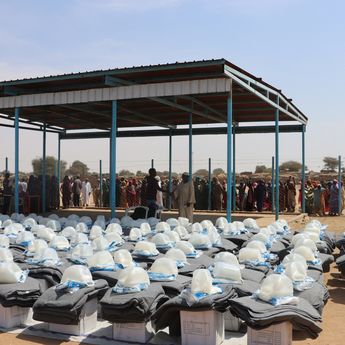
How aviation partnerships are strengthening humanitarian logistics
Web Story
Airbus Foundation
-
2024: The Airbus Foundation’s year in review
Web Story
Airbus Foundation
-
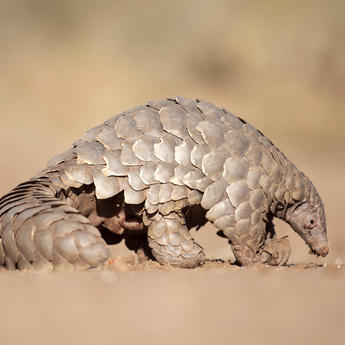
Saving the giant pangolins of Nyakweri Forest
Web Story
Airbus Foundation
-
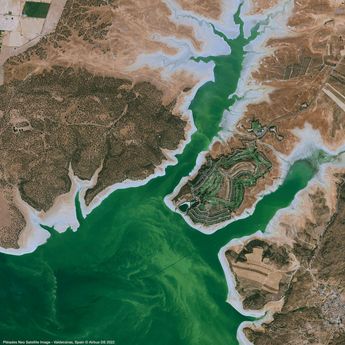
Airbus Foundation and Solar Impulse Foundation launch call for projects
Web Story
Sustainability
Contact us
If you have any enquiries about the Airbus Foundation you can reach out to us using the following details:
